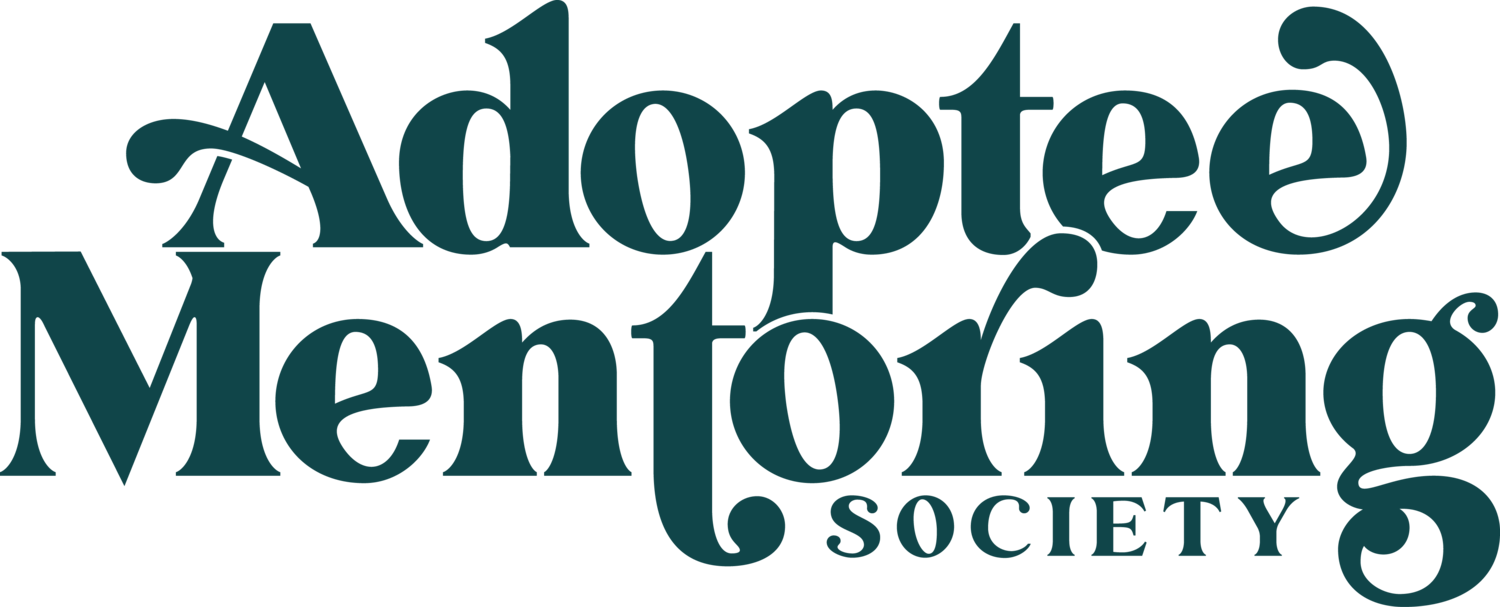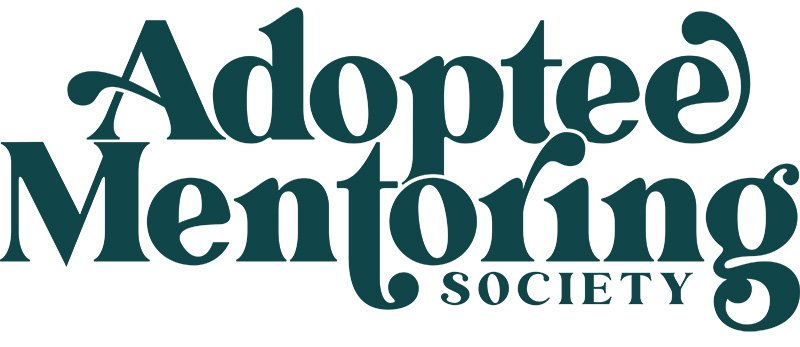
Being an adoptee and mentoring other adoptees can be tricky. That’s why we ensure that our mentors receive support, too.
Training Components
Mentors and Lounge Facilitators are the engine of the Adoptee Mentoring Society. We provide a specialized training curriculum for the mentors, they engage in a monthly consultation with their cohort, participate in regular check-ins with the staff and we make sure to show our appreciation for their dedication.
-
This Is The Moment: There is a conversation in the room that only these people at this moment can have. Find it.
Inch Wide, Mile Deep: We prioritize depth in community. Meaningful scale depends on deep transformative work rather than surface widespread work
Unconditional Positive Regard: Trust the People. (If you trust the people, they become trustworthy.)
*Our guiding principles are adapted from Adrienne Maree Brown’s Emergent Strategies
-
The mentor cohort participates in a comprehensive training that includes modules on:
Virtual/online safety
Active listening
Self-containment skills
Trauma-informed mentorship
Ethical story-sharing models
AMS policies and procedures
-
The Mentors & Lounge Facilitators attend a monthly consultation session together to develop skills, discuss challenges, consider ethics and reflect on mentor sessions. These sessions are facilitated by a trained professional.
Topics are explored through open dialogue and brief educational instructions.
-
Mentors and Lounge Facilitators have access to a large library of resources that they can utilize for themselves and/or to share with their mentees.
Resources include information about the stages of emotional, cognitive, and psychological development, adoption concepts and affirming adoption language, racial identity and racial concepts, crisis awareness signs and external resource intervention, mentor introspection and reflection, scenario discussions, problem-solving strategies.
Mentors are also required to attend at least two practice mentoring sessions before facilitating their first session. During these practice sessions, mentors facilitate mock 1:1 and Lounge sessions with past and current AMS mentees. Practice sessions are offered every month for the first six months of a new mentor's tenure.
TRAINERS
-
Dr. Chaitra Wirta-Leiker (she/her) is a licensed psychologist, Indian transracial adoptee of color, and an adoptive parent. She specializes in providing mental health support focused on adoption, trauma, and racial identity work through her private practice based in Denver, Colorado. She is a frequent speaker and trainer at adoption agencies, camps, and conferences throughout the U.S., and the creator of the National Adoptee-Therapist Directory. She is also the author of “The Adoptee Self-Reflection Journal,” “The Adoptive Parent Self-Reflection Journal,” and the “Adoptees Like Me” illustrated series for elementary readers.
-
Bonni (she/her) is is an Assistant Professor at the Anne and Henry Zarrow School of Social Work at the University of Oklahoma. She has worked in the field of Social Work for the past 20 years with children and families, empowering them to overcome challenges toward hope and stability. Bonni has provided clinical services to children, families, and groups through an adoption-specialized counseling center. She currently serves with the Oklahoma Human Services child welfare division as the Statewide Coordinator of Adoption Preservation Services where she conducts research and trains child welfare and mental health professionals on the unique and complex needs of children in foster care and those who have been adopted from state custody.
-
Spring (she/her) is a transracial adoptee who runs a private clinical practice in Seattle focused on supporting BIPOC adopted teens and adults. She is a member of the National Association of Social Workers (NASW) and certified as a Trauma and Attachment Therapist, Internal Family Systems, Eye Movement Desensitization and Reprocessing, and in Trust-Based Relational Intervention (TBRI). She has served as a member of the Washington Adoption Reunion Movement (WARM) Board of Trustees and the Vashon Island School Board, as well as chair of a committee for racial equity in education. She has a master’s degree in Social Work from Columbia University.
-
Angela Tucker is the Founder and Executive Director of the Adoptee Mentoring Society. She is the author of “You Should Be Grateful:” Stories of Race, Identity and Transracial Adoption, the subject of the documentary Closure, chronicling the search for her biological family, the host of the podcast The Adoptee Next Door and has been honored as a Re-Envisioning Foster Care Champion, the Puget Sound Business Journals Top 40 Under 40, and was profiled in The New Yorker.





